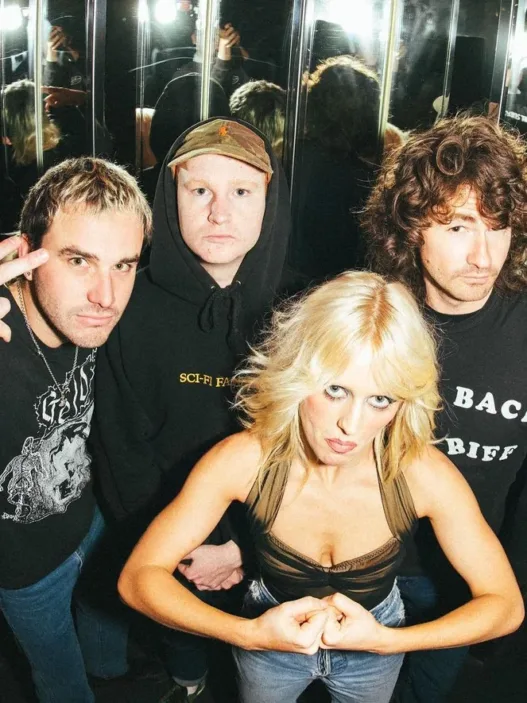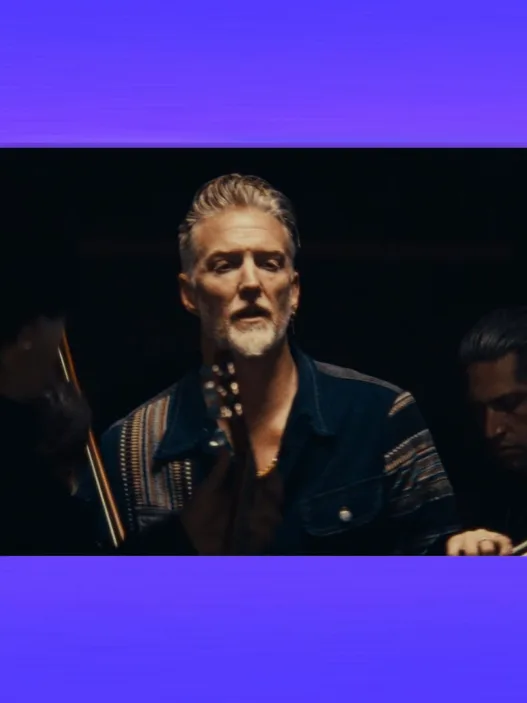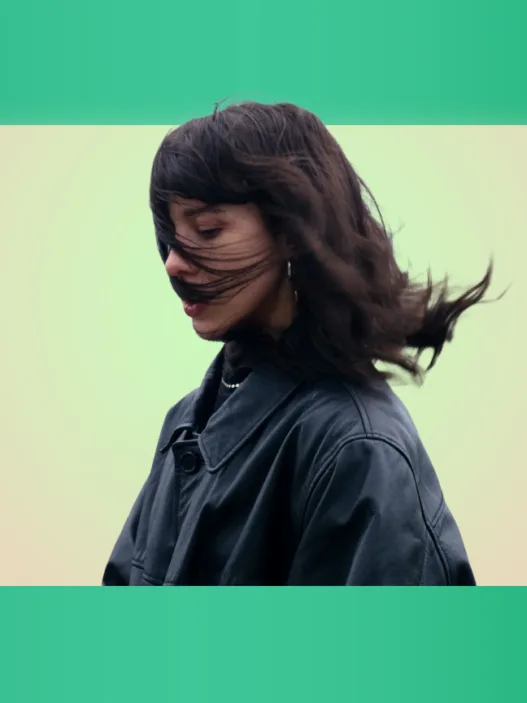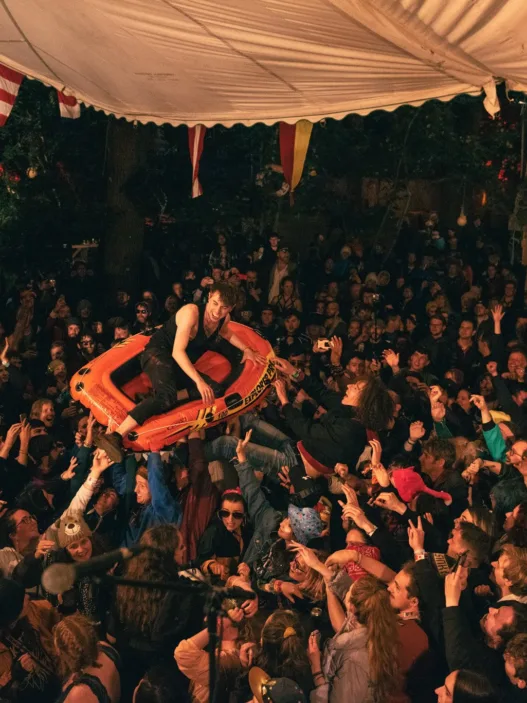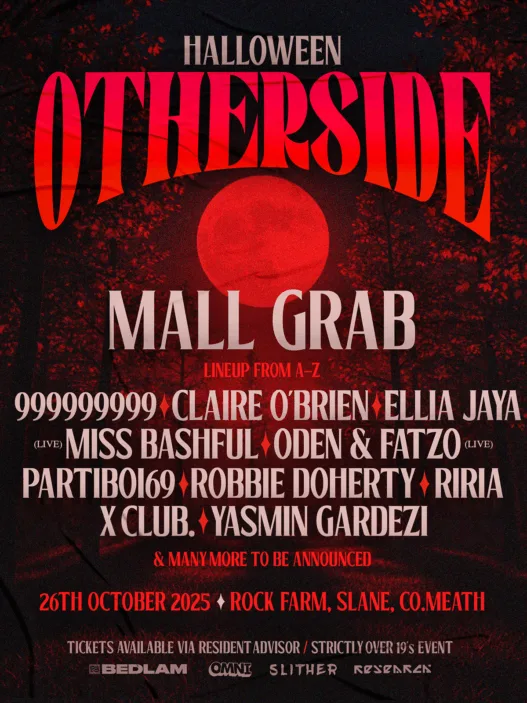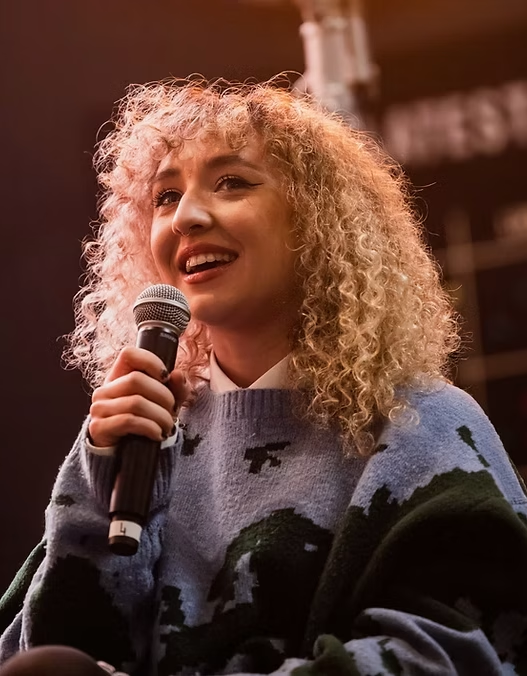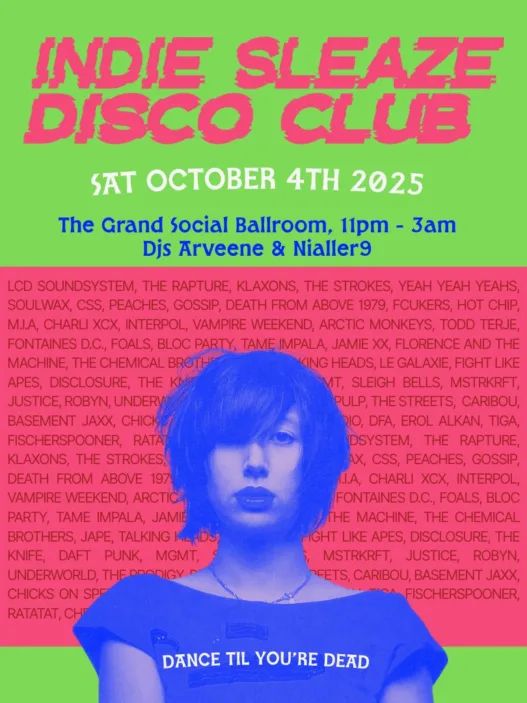It was announced today that the Basic Income for the Arts Scheme was extended by 6 months into February by Minister for Department of Tourism, Culture, Arts, Gaeltacht, Sport and Media Patrick O’Donovan.
The pilot scheme was awarded to 2000 artists in 2022, paying €325 per week. 9000 artists and creative workers originally applied. Artists’ pay was lower by a third than the average for all other employees in 2022 which is one reason it was needed.
The scheme has a lot of eyes on it internationally as Ireland leads the way in piloting a scheme that covers artists’ basic financial requirements so they are free to create work without the burden of covering rent etc through their art.
It is said the minister plans to bring proposals for a successor scheme to Basic Income for the Arts to Cabinet as part of Budget 2026.
As the extension is announced, the National Campaign for the Arts (NCFA) launched a new initiative asks local government representatives to support its latest initiative, calling on the government to permanently retain, extend, and expand the scheme.
The Department of Tourism, Culture, Arts, Gaeltacht, Sport and Media and its Minister, Patrick O’Donovan recently issued a report that unequivocally proved the success of the BIA scheme that has been in place for the last three years on a limited basis.
Taking lessons from the report, both the government department and the NCFA want to pursue a more permanent funding model that the Minister will present to the government for approval over the coming months.
Some key findings from the recent report included:
- The first-year assessment report found that recipients were significantly better able to make ends meet and experienced a notable reduction in enforced deprivation, allowing them to afford basic necessities like heating, clothing, and social participation.
- Since its inception, BIA has proved to be a success, with recipients reporting greater living standards, reduced depression and stress, and a higher quality of creative work output.
- BIA recipients were more productive, spending on average almost 8 weekly hours more on their creative practice and completing an average of 3.6 more new works in the past six months.
- According to the latest government report, artists and people who work in the creative industries experience extreme deprivation in their everyday lives.
The NCFA calls for the scheme to be made permanent, based on these findings.
As part of its latest campaign, NCFA is undertaking a national outreach campaign that actively targets government officials, local representatives, and key stakeholders, calling on them to support continued funding and a more permanent commitment to BIA.
‘The NCFA is delighted to hear the Minister announce today a 6 month extension of the BIA pilot scheme, which confirms support for this ground breaking initiative. Following the publication of research findings from the BIA pilot scheme, the NCFA welcomes the positive impact on artists’ well-being and creative output. Basic Income for Artists is a landmark commitment by the government to invest in Ireland’s arts industries, highlighting this government’s commitment to stabilising the precarious working conditions artists face. Ireland can become a world leader through this unique scheme that ultimately benefits the whole of society through supporting our continued artistic excellence on the world stage.’
‘The NCFA cannot ignore the importance of this scheme in addressing the broader challenges faced by artists, including housing affordability and the need for sustainable career paths within the arts sector. Our campaign call today is for the benefit of Irish society by ensuring that the BIA scheme becomes a permanent support mechanism for artists, reflecting its potential to transform the precious creative landscape in Ireland.’
NCFA Chairperson Maria Fleming
The NCFA is calling on members of the arts community and the public to:
- Contact local TDs and representatives to express support for the continuation of Basic Income for the Arts.
- Share campaign messages, stats and personal stories across social media using the NCFA’s toolkit.
- Speak to local and national media outlets about the impact of BIA and why it should be retained.
- Inform colleagues, students, and creative collaborators about the campaign and how they can get involved.
- Reshare official NCFA posts, graphics and updates to amplify visibility.
*For further information on the campaign and the organisation, visit www.ncfa.ie.

The National Campaign for the Arts (NCFA) is a volunteer-led, grassroots movement that makes the case for the arts in Ireland. They work to ensure that the arts are on local and national government agendas and are recognised as a vital part of contemporary Irish life.
KEY POINTS TO KNOW ABOUT BASIC INCOME FOR THE ARTS (BIA) RECENT REPORT
Who took part in the scheme?
Out of a possible 55,000 within the creative arts sector
- 9,000 applied for the pilot having considered the criteria given
- 8200 deemed eligible
- 2,000 selected by lottery from the eligible cohort
- 996 agreed to be in a control group completing research surveys across the 3 years of the pilot scheme.
The BIA 2,000 receive €325 per week for the duration of the pilot.
Artists’ pay was lower by a third than the average for all other employees in 2022 which is why we need BIA.
What were the scheme’s positive impacts according to the report?
The first-year assessment report found that recipients were significantly better able to make ends meet and experienced a notable reduction in enforced deprivation, allowing them to afford basic necessities like heating, clothing, and social participation. BIA payment is mainly used as a supplementary income to cover rent and bills.
BIA enables recipients to say no to additional work outside of the arts, spending on average 2.7 weekly hours less than the focus group working in another sector. With reduced financial pressure, BIA recipients report greater artistic autonomy to focus on higher quality, more meaningful, and long-term projects, commissions and collaborations.
BIA recipients were more productive, spending on average almost 8 weekly hours more on their creative practice, and completing an average of 3.6 more new works in the past six months than the control group. Compared to the control group, BIA recipients invest on average €550 more monthly in their practice.
Compared to the control group, BIA recipients invest on average €550 more monthly in their practice, namely on equipment and materials, advertising and marketing, workspaces, and work travel. This extra spending is almost 40% of participants’ BIA monthly payment.
BIA recipients reported better mental health, with fewer experiencing depression or anxiety compared to those not receiving the support. Recipients are able to make better life choices, including accessing private or public mental health care, visiting doctors and dentists.
BIA supports sustained long-term engagement in creative work. Having ‘time to make art’ is especially vital for disabled artists who operate at a pace in accordance with their impairment.
BIA recipients are over nine percentage points more likely to be able to sustain themselves through arts work alone compared to the control group.
Young and recently qualified BIA recipients are able to rent housing longer-term, allowing them to stay closer to work, retain artistic networks, and reconsider emigration. Mid-career BIA recipients gain greater capacity to make important personal life decisions, such as starting families or purchasing homes. For established artists, time funded by BIA helps overcome insecurities and build momentum in completing and releasing their work.
Some recipients used BIA support to engage with their local communities to form new partnerships and collectives, addressing previously unmet needs in their areas. BIA community engagement includes sourcing local crew, hosting reading groups, organising fundraising events, creating collectives for artists with minority identities, and participation in State-funded events such as Heritage Week and Culture Night.
The research across the pilot shows irrefutable evidence both that there is a need for additional support for artists and that BIA is a brilliant working format and should be retained, extended and expanded.
However, deprivation for those on the scheme is still an issue.
What are the continued issues?
Recipients of BIA are still nearly twice as likely to experience enforced deprivation as the general population. Meanwhile, the industry control group in the report is more than three times as likely to report experiencing enforced deprivation.
Some important points highlighted included:
Almost one in ten BIA recipients and over one in five of the control group were unable to afford to buy presents for family or friends at least once a year, compared to the general population at almost one in twenty.
One in sixteen BIA recipients and one in six members of the control group were unable to afford a warm waterproof coat, compared to just one in eighty-three for the general population.
One in fourteen BIA recipients were unable to afford two pairs of strong shoes, and over one in five for the control group, compared to the general population rate of one in fifty.
Almost one third of the general population reported having felt depressed or downhearted at least “a little of the time” in the previous four weeks. The share is almost twice as high among BIA recipients (61.71%) and is even higher among the control group (74.09%).
Recipients, including those with disabilities, who reported the BIA as their primary source of income remained in a financially uncertain situation struggling to get by and subject to hardship should adverse events occur within their lives.
Recipients with disabilities report reductions to their medical and disability support as a result of accepting the BIA payment and obstacles around accepting work that impacts welfare thresholds.
Key quotes from the report:
“Stability, confidence, long-term planning is possible. Stress levels are way down. … I can take a more active role in my community, in dance. With care for my family. And actually, I can give back…the sense of satisfaction in my life has just changed exponentially because I can give back.” (Female; Dance; South West; Rent; 35-44)
“There’s no more of this fog of worry. And just I think also a feeling of I have opportunities, so whenever I want to approach something I don’t feel completely discouraged or blocked in on something, I feel like I have the freedom of assessing a situation and actually having opportunities in front of me.” (Female; Film; Dublin; with parents; 25-34)
“I think it’s basically been for me and [Wife], we’ve been able to get a house and plan a family and I think that definitely comes before my artistic world. It’s my personal life, it’s such a privilege now to be able to plan things together and we just didn’t have the chance.” [Participant crying]” (Male; Music; Dublin; Rent; 35-44)
“I was trying to work in a tiny room that was really unsuitable for me, because the lighting was bad, it was too small, it was full of objects that I’d bump into. I was covered in bruises trying to work…so when I got the basic income I channelled that money and said ‘Right, I’m not going to live any better. I’m going to take that money and get myself a workspace.’ (Female; Disability; Multidisciplinary; Mid-East; 55-64)
“at 56 going on 57 for the last couple of years, I believe in myself and I believe in what I do. For the first time in my life ever. So, it’s taken me five and a half decades, but I believe in myself.” (Male; Multidisciplinary; South-East; Mortgage; 55-64)
“I think the improvement of my health mostly, yeah. I think I’m eating better and I’m mentally better and I think it really shows also through my capacity to take on work and to create more work or to have time to think about it, and read and inform myself better. So, I think the health really like has been brought up, yeah.” (Female; Dance; West; Rent; Migrant; 25-34)
“I set up a pension.” (Male; Theatre; Dublin; Rent; 35-44)
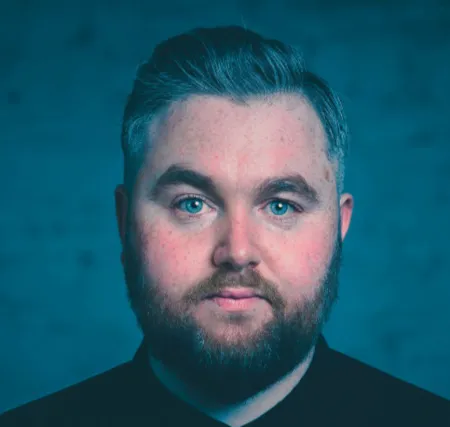
Niall Byrne is the founder of the most-influential Irish music site Nialler9, where he has been writing about music since 2005 . He is the co-host of the Nialler9 Podcast and has written for the Irish Times, Irish Independent, Cara Magazine, Sunday Times, Totally Dublin, Red Bull and more. Niall is a DJ, founder of Lumo Club, club promoter, event curator and producer of gigs, listening parties & events in Dublin.







